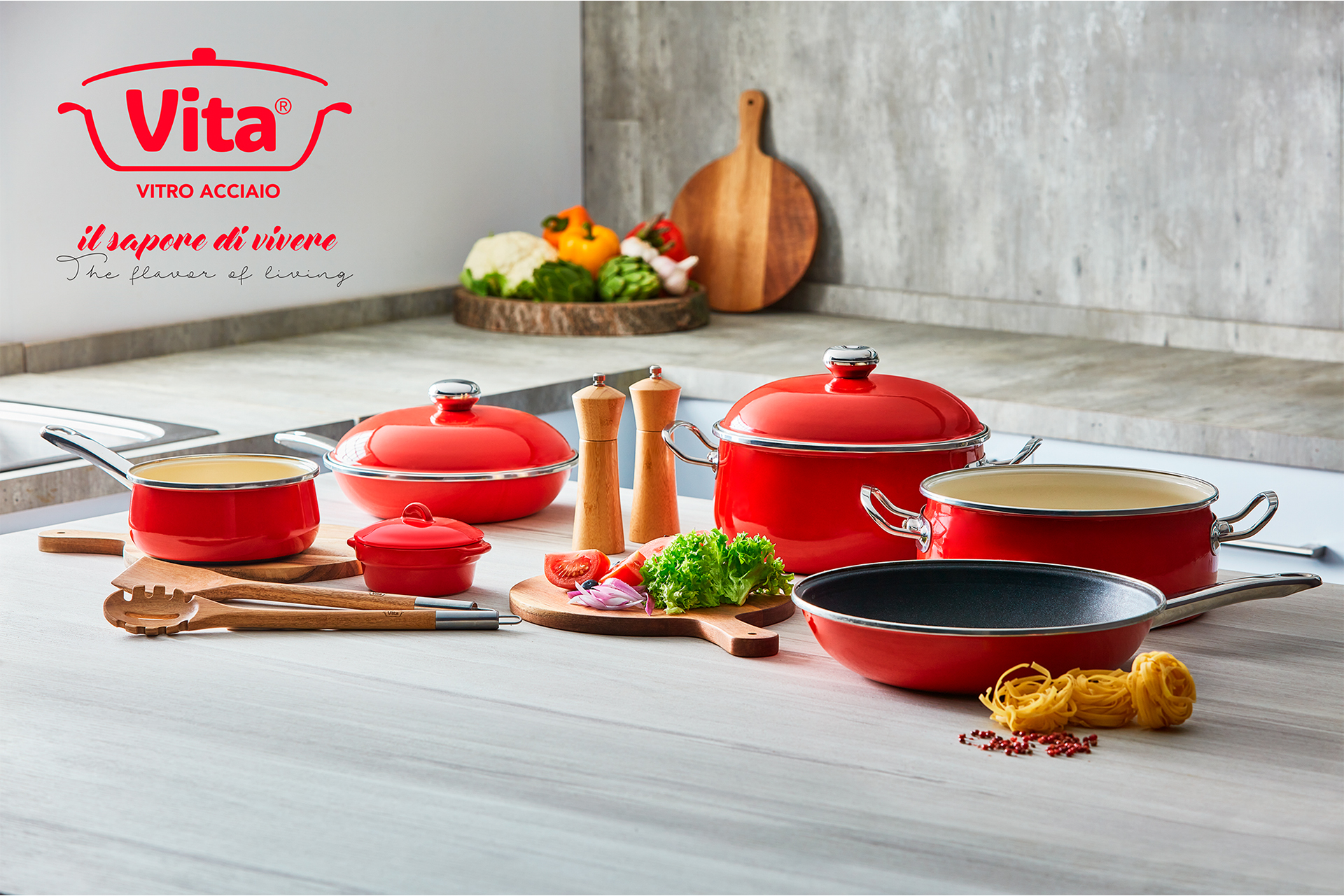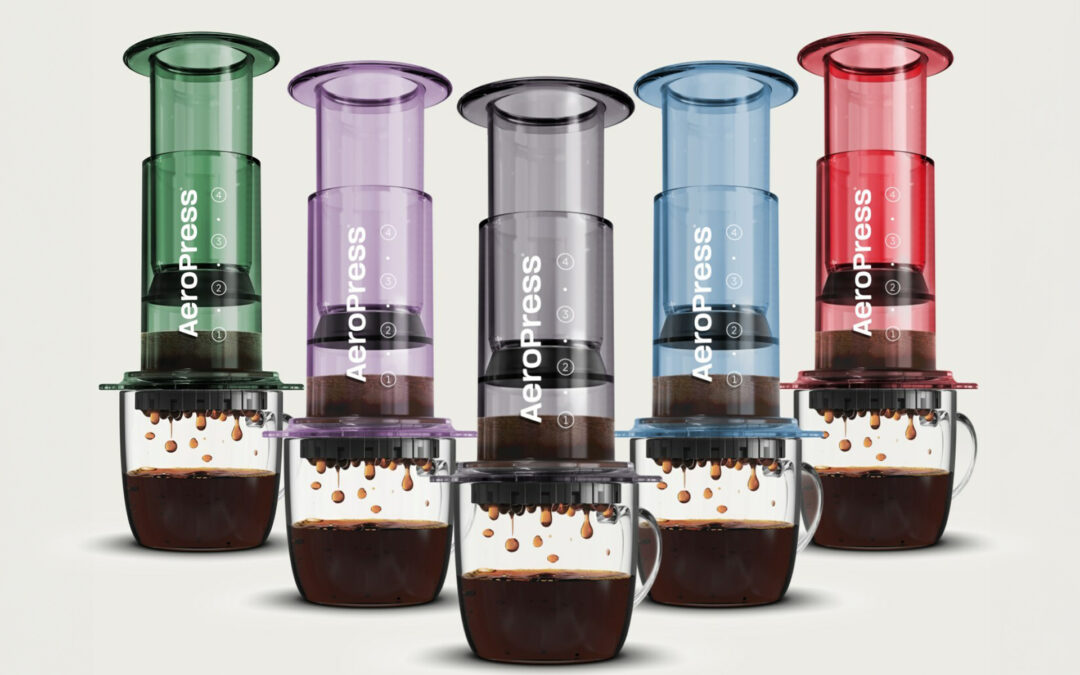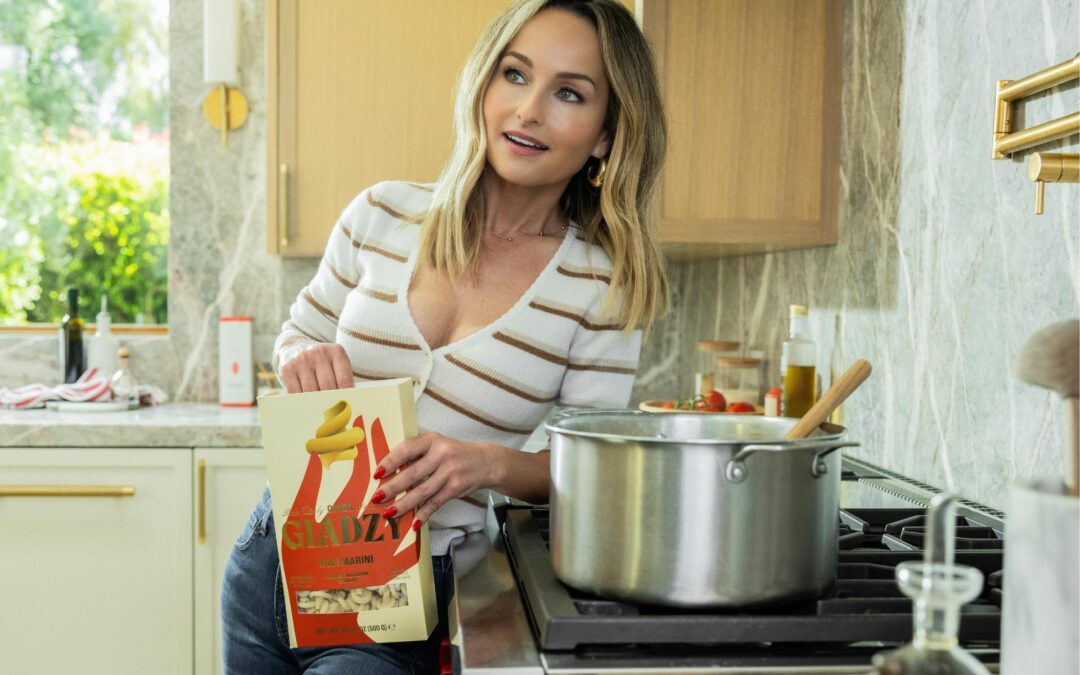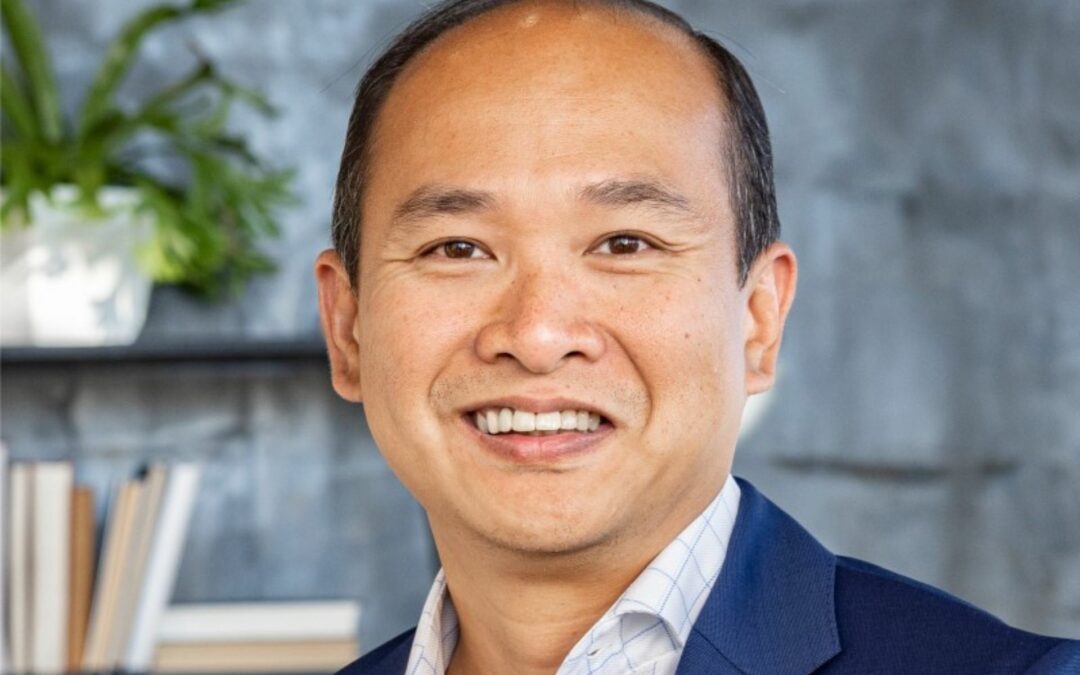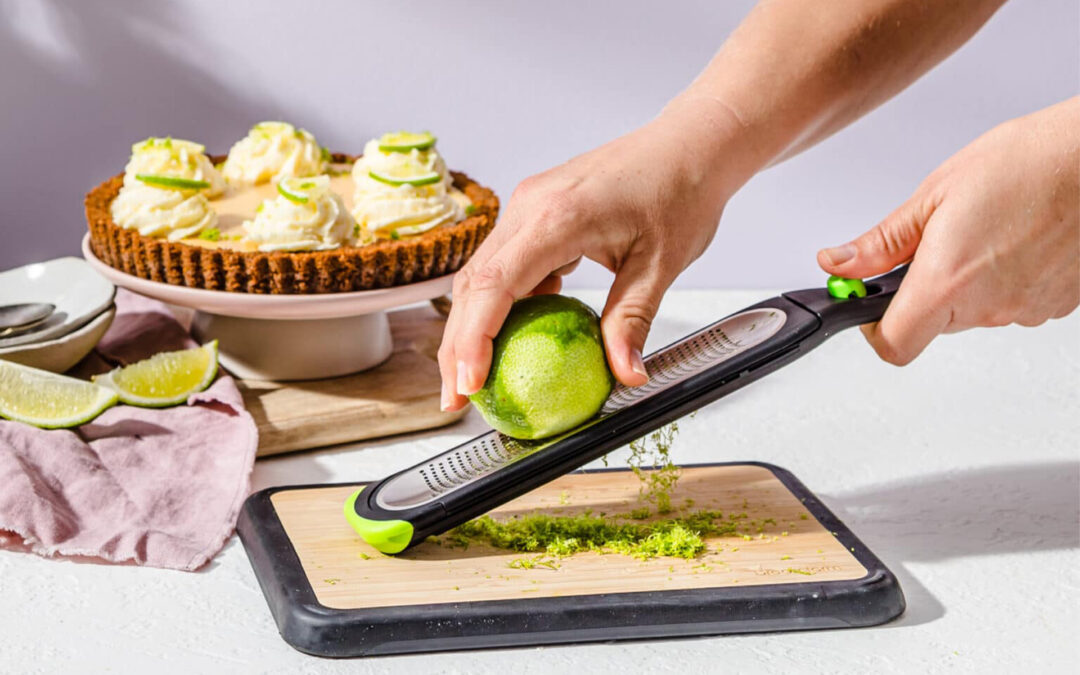Ekco Brands, through its Mexican-produced cookware program, is looking to amplify the “near-shoring” advantage for retailers confronting supply chain disruption associated with ocean shipping.
San Antonio-based Ekco Brands is owned by Groupo Vasconia/Vasconia Brands, Mexico’s largest cookware manufacturer and distributor. The U.S. operation is going to market with a good-better-best, three-brand cookware platform: Ekco (non-stick aluminum cookware, stockpots and pressure cookers); Vasconia (non-stick aluminum cookware and stockpots); and Vita (enamel-on-steel cookware).
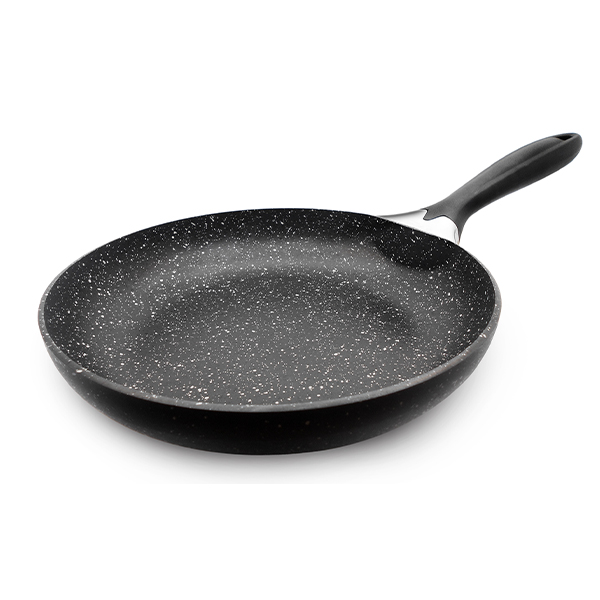
Ekco Advance Non-Stick Cookware
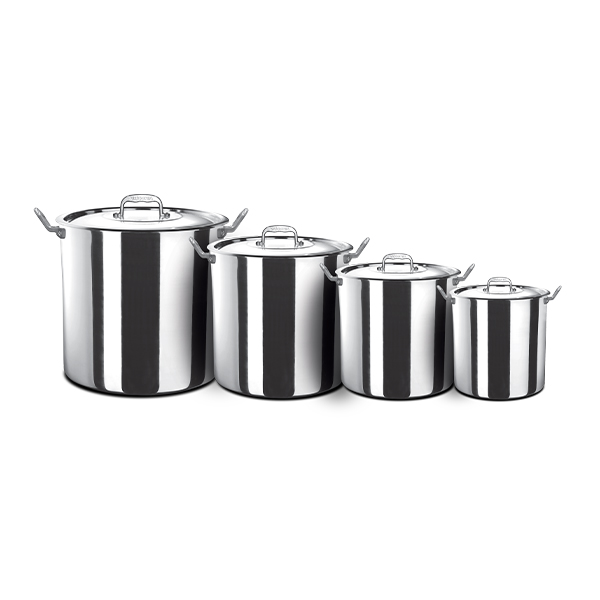
Vasconia Tamale Pots
David Trigiani, managing director of Ekco Brands, said the company has been promoting the “near-shoring” opportunity for its Mexican-made goods as retailers wrestle with shortages and delays for goods sourced from overseas.
Trigiani outlines the Ekco Brands strategy in the following interview with Peter Giannetti, editor-in-chief of HomePage News.
HomePage News: Explain the near-shoring opportunity for Ekco Brands.
David Trigiani: Nearshoring is producing goods closer to where they will be sold. There really has not been a lot of discussion about near-shoring with most of the attention on how to bring manufacturing back to the U.S. I believe near-shoring is a good solution for our industry right now. The benefits of nearshoring: faster delivery, lower transit costs, more consistent supply, no tariffs with a friendly trade agreement in place and similar time zones.
HPN: What level of cookware production capacity in Mexico can Ekco Brands access?
DT: We have capacity for 50 million pans, and we’re working to add capacity. With our sister company, Almexo, the largest aluminum supplier in Mexico, we also have vertical integration.

Vasconia cookware production in Mexico
HPN: Can you share an example of how you were able to help retailers during the recent ocean shipping crisis?
DT: We worked with a retailer who had a need for a short-supply, seasonal type of product. We worked on a solution to help fill the supply void. We started in September, and goods were on the retail floor by Mid-November.
HPN: How could the opportunity for near-shoring change when challenges related to overseas supply ease?
DT: The white space in this industry is consistent supply. Retailers that can diversify their supply chains will have advantages in the short term and in the long term. People think (supply-chain diversity) will take a long time, and people are reluctant to change a supply chain on which they have been dependent for decades. When the (overseas) supply chain will get back to normal, whatever that normal is? Another year? What about two years? Supply-chain diversity is more important, so you’re not scrambling for products when you need them.

